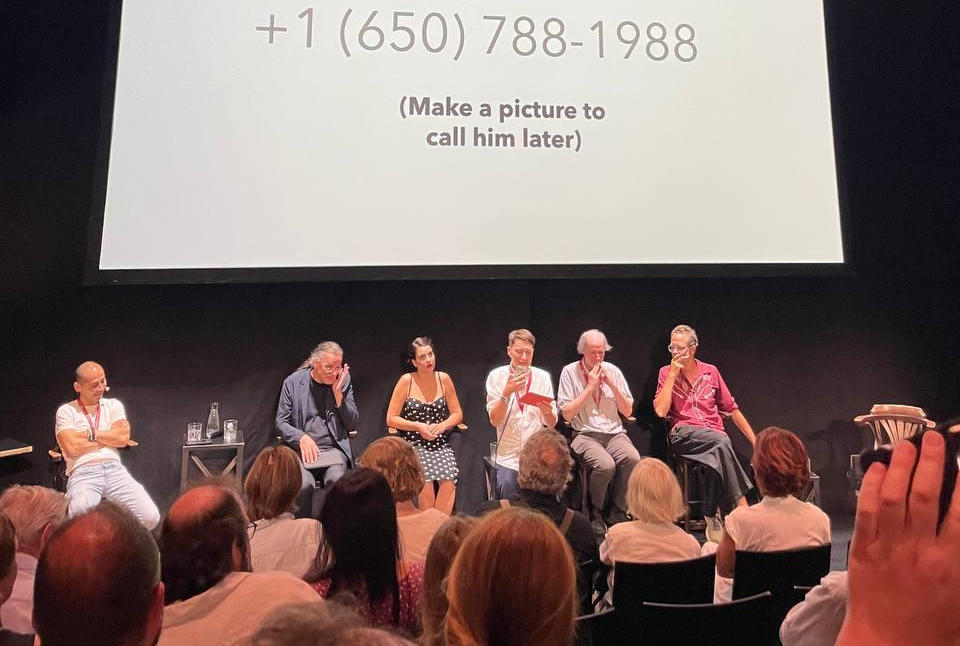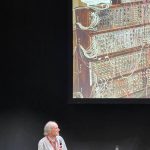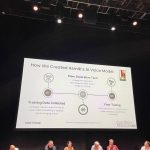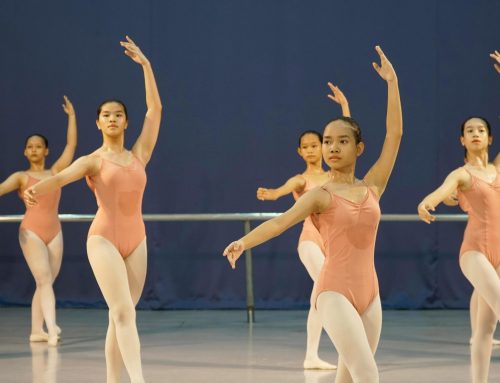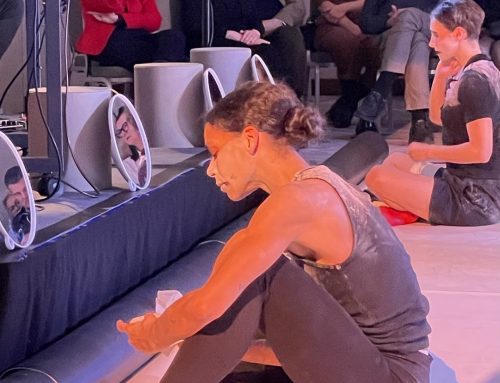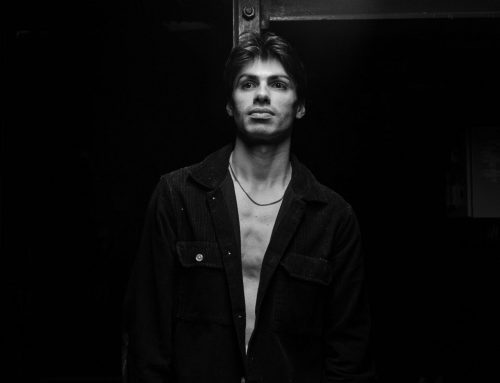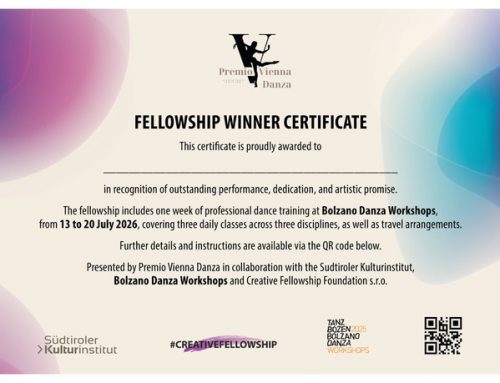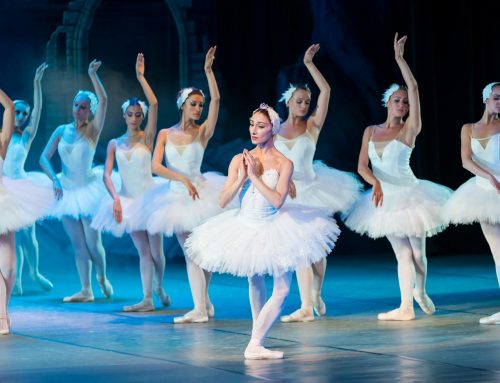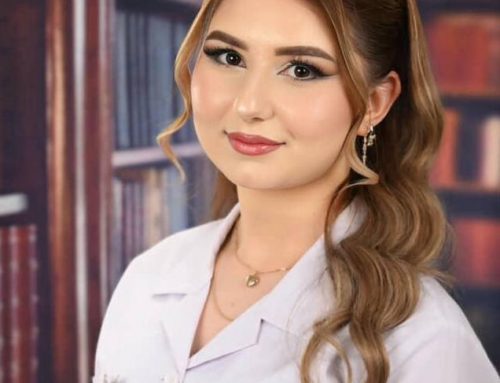This question has sparked ongoing debate within artistic communities for some time. The Salzburg Festival has elevated this discussion by engaging an AI equipped with an emotional component, known as Morfeus.
Thanks to this initiative, Morfeus—developed by Silicon Valley AI entrepreneur David Yang—has joined a distinguished group of experts exploring what artificial intelligence can and cannot contribute to art. Other notable figures involved in this exploration include Gerfried Stocker, director of the Ars Electronica Center; prominent computer music researcher Miller Puckette; strategist AC Coppens; and Stefan Kaegi, director from Rimini Protocol.
Renowned soprano Asmik Grigorian, who believes that true art stems from feelings and emotions, contributed to this research by allowing the use of her voice. Morfeus created a completely new piece, inspired by the style of Armenian composer Komitas Vardapet, and used Asmik’s digitally generated voice to perform it. The experiment showed that although the AI-generated performance earned Grigorian’s applause, it ultimately lacked the ability to evoke the deep emotions that make an audience cry when compared to her real performance.
While AI offers valuable tools for artistic creation, it also raises significant ethical concerns. Questions about who controls these tools, for what purposes, and in whose interests remain open for discussion—discussions that can be had directly with Morfeus.
Call Morfeus at +1 (650) 788 1988.

